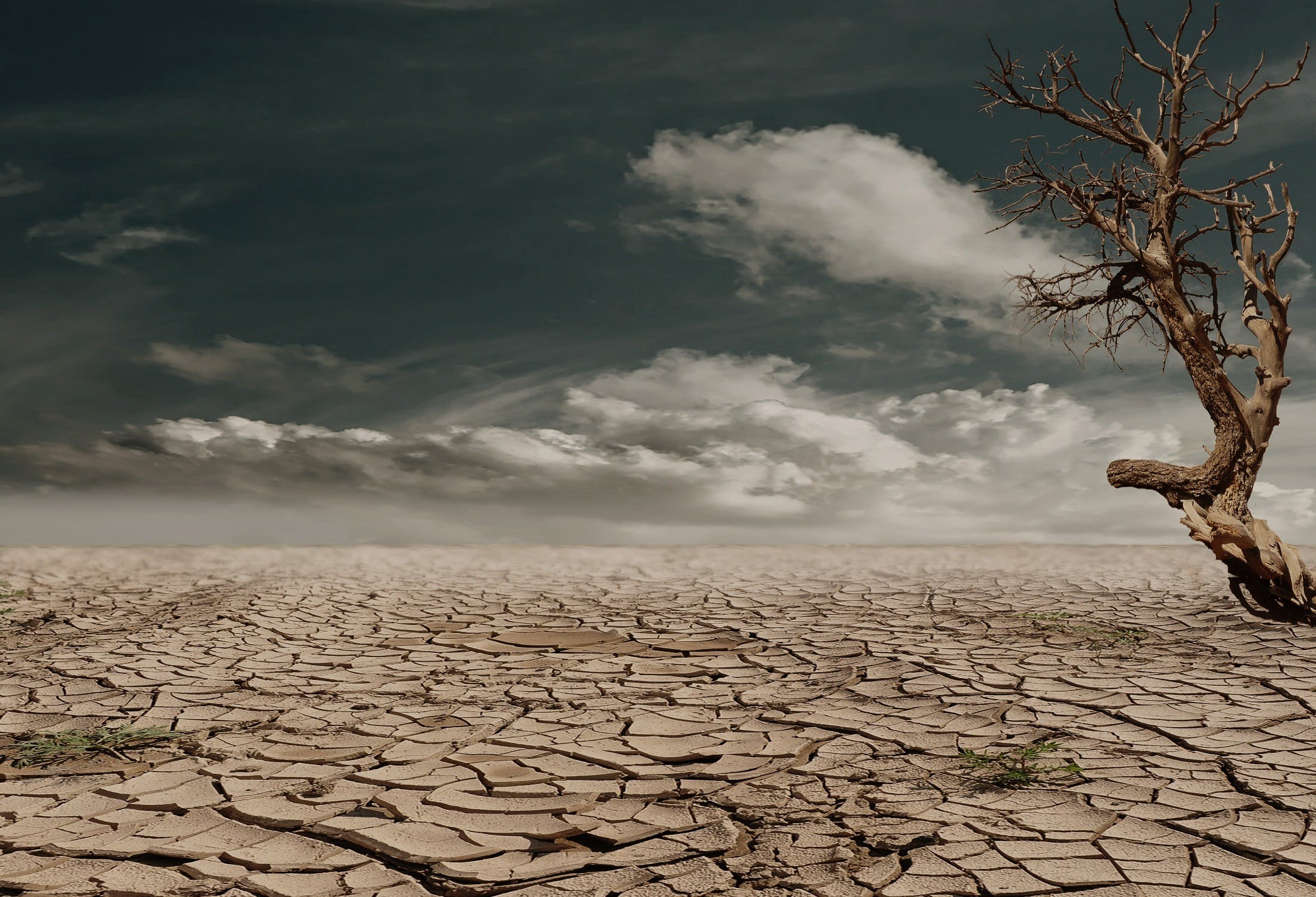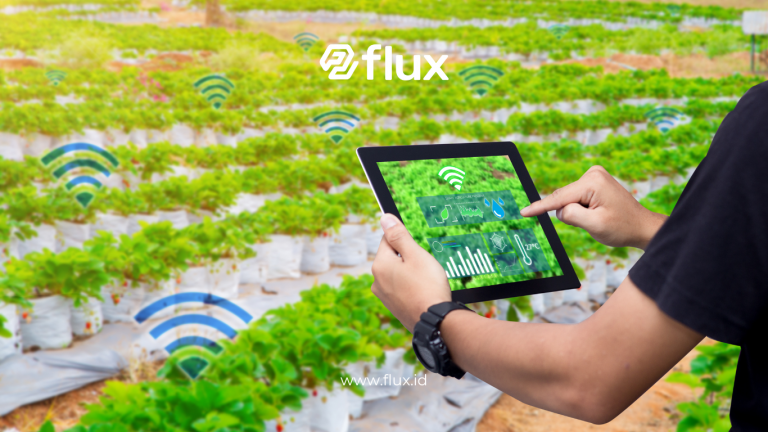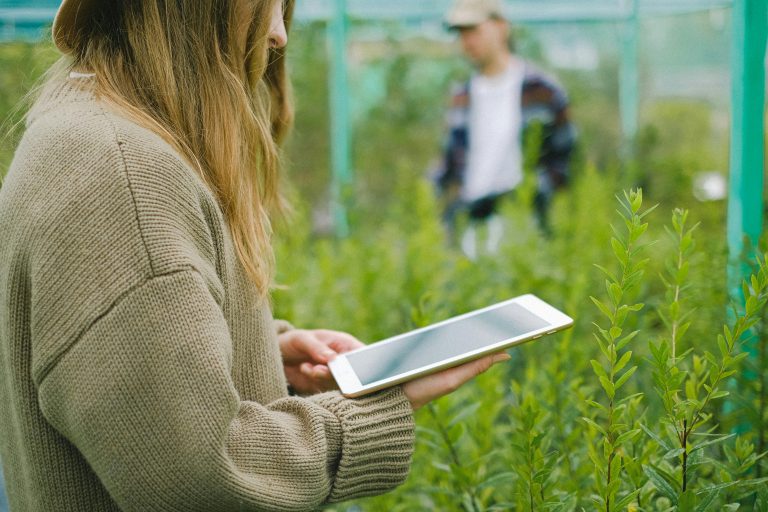Don't miss our holiday offer - 20% OFF!
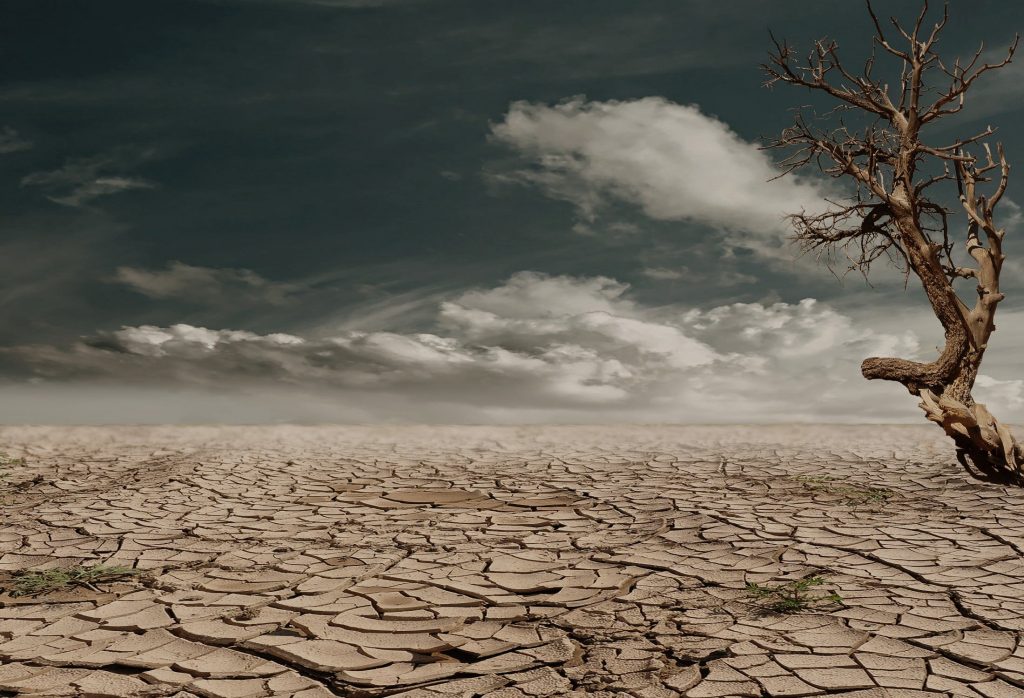
Read also : IoT Sensors for Tsunami Detection: Global Safety
Drought poses a significant threat to agriculture, the environment, and global water supplies. To combat this challenge, the use of Internet of Things (IoT) technology has emerged as a crucial innovation. IoT sensors, capable of monitoring environmental parameters such as soil moisture, rainfall, air temperature, and water levels, have opened doors to more effective early drought detection and mitigation. This article explores how IoT sensors can monitor environmental conditions and provide timely solutions to reduce the impact of drought.
Monitoring Soil Moisture
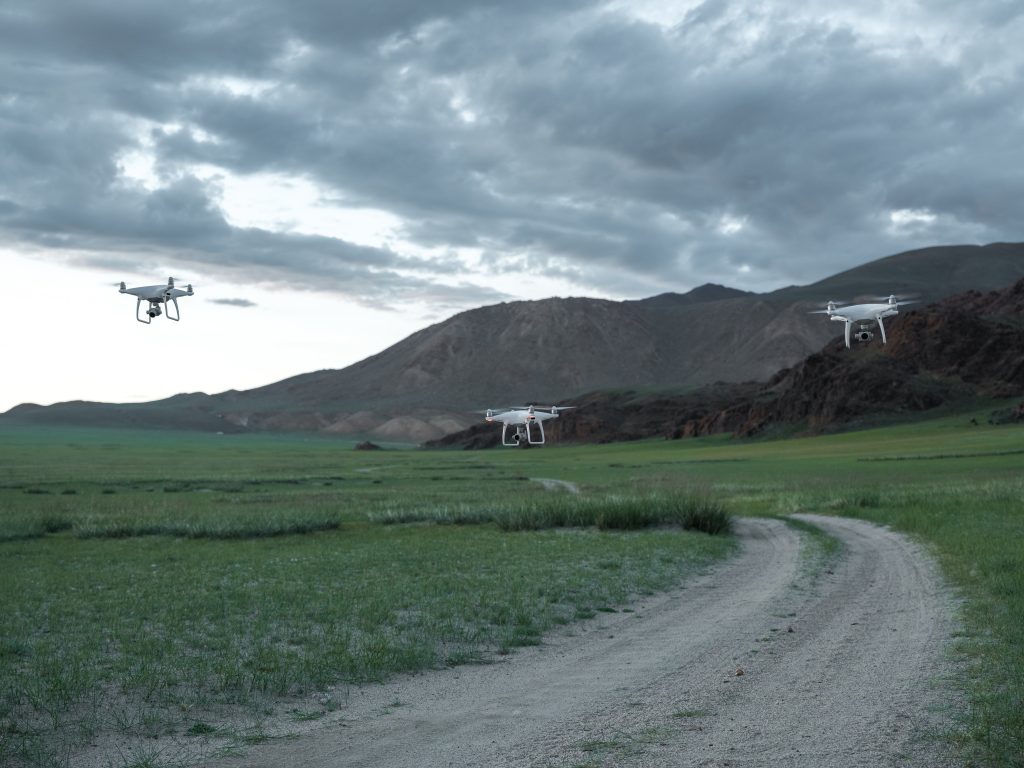
Key to addressing drought is monitoring soil moisture. IoT sensors embedded in the soil continuously measure moisture, providing real-time data. This information empowers farmers and agricultural experts to determine when and how much water their crops require. This reduces water wastage and optimizes agriculture, thus aiding in lessening the impact of drought.
Rainfall Prediction

IoT sensor systems can also monitor weather and predict rainfall. Accurate weather data allows authorities to take early preventive measures when dry weather is anticipated. This includes wise water allocation, informing the public about the current situation, and organizing rescue resources. IoT sensors enable faster and more efficient responses to drought.
Conclusion
The utilization of IoT sensors for early drought detection and mitigation is a pivotal step in protecting natural resources and ensuring sustainable agriculture. By monitoring soil moisture and predicting weather more accurately, we can reduce the losses caused by drought. IoT technology provides invaluable tools for maintaining environmental sustainability and securing adequate water supplies for the future. By continually developing and utilizing these IoT sensors, we can better confront the challenges of drought and provide a healthier environment for future generations.


